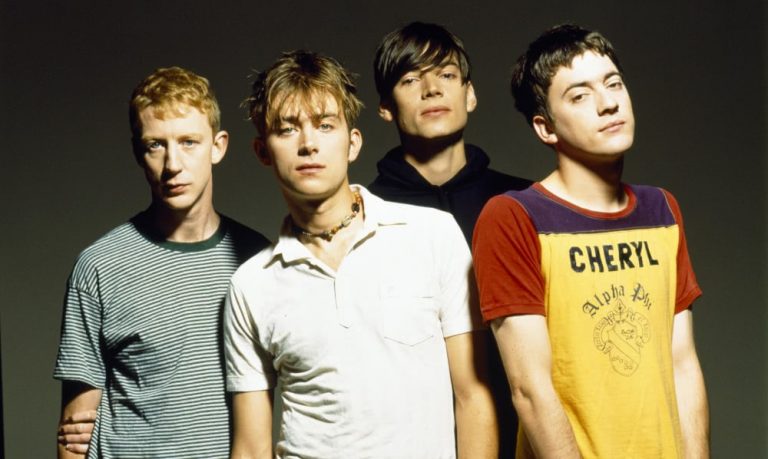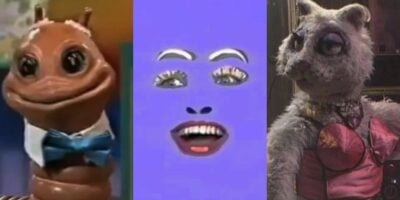It’s funny to think of ‘Parklife’ existing in demo form, seeing as it skates so close to novelty song status that it seems like something bashed out in a burst of studio spontaneity then kept as a bit of throwaway fun. But no, in late 1993, when Blur began work on what would become their third studio album, they were dead serious in their efforts to compile a critique of contemporary English society, a topic they had touched upon on their previous record, the subtly named Modern Life Is Rubbish.
“When our third album comes out, our position as the quintessential English band of the ’90s will be assured,” Damon Albarn crowed at the time, arrogance being a major hallmark of the Britpop movement that was then sweeping the world. The political meaning of ‘Parklife’ became lost around the time it was adopted as a football anthem, and Noel and Liam Gallagher taunted Blur as Oasis beat them for the Best British Album BRIT Award, singing “Shite-life” and “Marmite” in place of the title.
The song is more loose and fun in demo form. It’s hardly a song I’ve thought of as containing a central guitar riff, but the demo version really accentuates this crunchy, rather wonky guitar part. Albarn handles the cockney spoken word verses, which were thankfully given to British actor Phil Daniels in the complete version; his British squareness is completely missing from Albarn’s rendering, which sounds closer to a Russell Brand caricature – the result being less cartoon chirpiness, and more a smug geezer you’d wanna slap.
In an alternative world, this roughed-up version would have been an indie hit, its quirkiness balanced by the looser instrumentation. There are a number of exciting elements that were polished out during subsequent recordings: a keyboard trill towards the end of the chorus really lifts the “they all go hand in hand” section in a way that is sadly missing from the more ornate finished version. Same with Alex James’ rather aggressive, bouncy basslines which cut through and drive the demo in a way that is missing in the final cut. All the lyrics are intact, although Albarn did remove the pointless “It’s all about taking a brisk stroll through the park” line towards the end – a bit too on-the-nose, even for Blur.
In the end, Albarn may argue more meaning, but even his tale of writing the song sounds fittingly pedestrian. “I came up with the idea for this song in this park,” he explained. “I was living on Kensington Church Street, and I used to come into the park at the other end, and I used to, you know, watch people, and pigeons.”


































